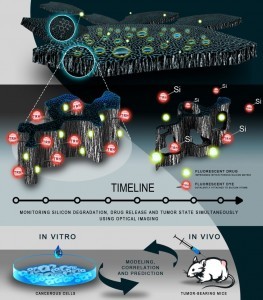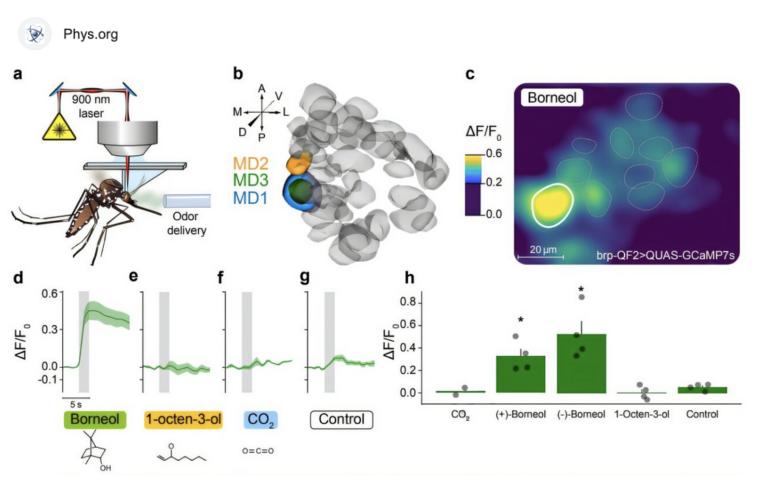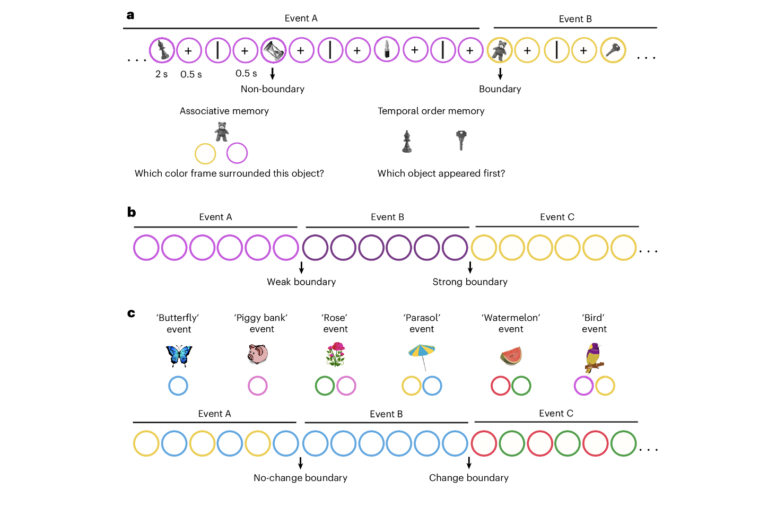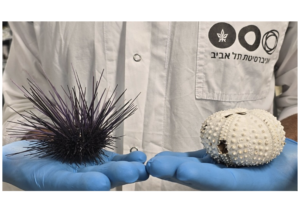Technion: Prof Ester Segal, multifunctional nanoparticles, winner of Yanai Prize

“Teaching is very demanding, and it’s not always easy finding the time to devote to it with all the other tasks before me, but for me it is a true calling,” explains Prof. Ester Segal from the Faculty of Biotechnology & Food Engineering. Prof. Segal was recently awarded the Yanai Prize for Excellence along with nine other faculty members. The prize, funded by Technion graduate Mr. Moshe Yanai in the amount of 100 thousand Shekels, is awarded to Technion faculty.
In her acceptance speech at the prize ceremony, Prof. Segal explained that, “The role of teacher for me is not only about the transfer of knowledge, imparting skills and assisting students in achieving the highest possible grades. It is our task to instil curiosity and a desire for knowledge, to nurture critical thinking, creativity and independence, and to prepare students for the real world that will be waiting for upon completing their studies. I believe that as educators, we should approach teaching with the same enthusiasm and responsibility we place on research on our research. Such attitude towards teaching makes it an interesting and challenging activity and motivates us to be innovative and effective in the classroom. We must keep in mind that in teaching, there is no ‘one size fits all’ – classes are always heterogeneous, and each student has a different learning style. I also believe that building communication and trust is critical for establishing an efficient and productive learning environment. I show the students empathy and care; this also means going an extra mile for them.”
Prof. Ester Segal completed all three of her degrees at the Technion’s Faculty of Chemical Engineering. In 2007, upon completion of her postdoctorate at the Faculty of Chemistry and Biochemistry at the University of California, San Diego (UCSD), she joined the Faculty of Biotechnology and Food Engineering at the Technion. She currently heads the Multifunctional Nanomaterials Laboratory, located at the Faculty, and in the past year she received the Henry Taub Prize for Excellence in Research.

The image illustrates porous silicon (PSi) particles used as a platform for the delivery of anticancer drugs (highlighted in green on the diagram) and its release at the targeted breast cancer tumors. The degradation of the PSi at the tumor microenvironment was investigated using novel imaging methods. The researchers tracked the decomposition of the material on the diseased tissue and uncovered its degradation mechanism, which triggers the release of the drugs trapped within the porous medium.
Prof. Segal heads a multidisciplinary research team investigating the interface between materials science and biotechnology. The main research at the laboratory focuses on the synthesis and characterization of nanomaterials and their application to the development of biological sensors and drug delivery systems.
In an article she recently published in the prestigious journal Nature Communications, she reported that silicon carriers for the local delivery of anticancer drugs degrade differently when they reach the diseased environment, which can affect clinical outcomes. The study, conducted jointly with Prof. Natalie Artzi from the Massachusetts Institute of Technology (MIT) and the Harvard Medical School, sheds light on this degradation process, opening the way for improved tumor treatments.
“In this study we have shown for the first time that biomaterials in general, and nanostructured porous silicon in particular, behave differently when they are injected (or implanted) at the tumor microenvironment. Over the last few years, we successfully engineered silicon to be used as a carrier of anticancer drugs that releases its contents in a controlled manner, and now we are focusing on the degradation mechanism of the silicon at the diseased tissue,” explains Prof. Segal.
Nanostructured Porous Silicon is the common name for a family of silicon-based materials containing nano-scale holes. This material is today seen as a promising drug delivery vehicle, mainly due to its unique characteristics: a large surface area (geared for drug unloading), biocompatbility, and bio-degradability in a safe and non-toxic manner. In recent years, Prof. Segal and her doctoral student Adi Tzur-Balter developed ‘containers’ (carriers) for the delivery of anticancer drugs. Through careful design of the silicon containers, in terms of their pore diameter and surface chemistry, the group achieved optimal features for effective drug delivery.
One of the important findings of the study, which investigates the behavior of the silicon ‘containers in breast cancer tumors, is associated with the accelerated degradation of the silicon material in the diseased area. The research showed that reactive oxygen species upregulated in the cancerous environment (in vivo), induce oxidation of the silicon, causing a rapid degradation of the ‘containers’ as compared with (in vitro) lab experiments. As a result, this article sheds light on the process of nanostructured silicon degradation at the tumor microenvironment, and allows for early and smart design intervention of the silicon structure to facilitate controlled release of the drug at the targeted site.






